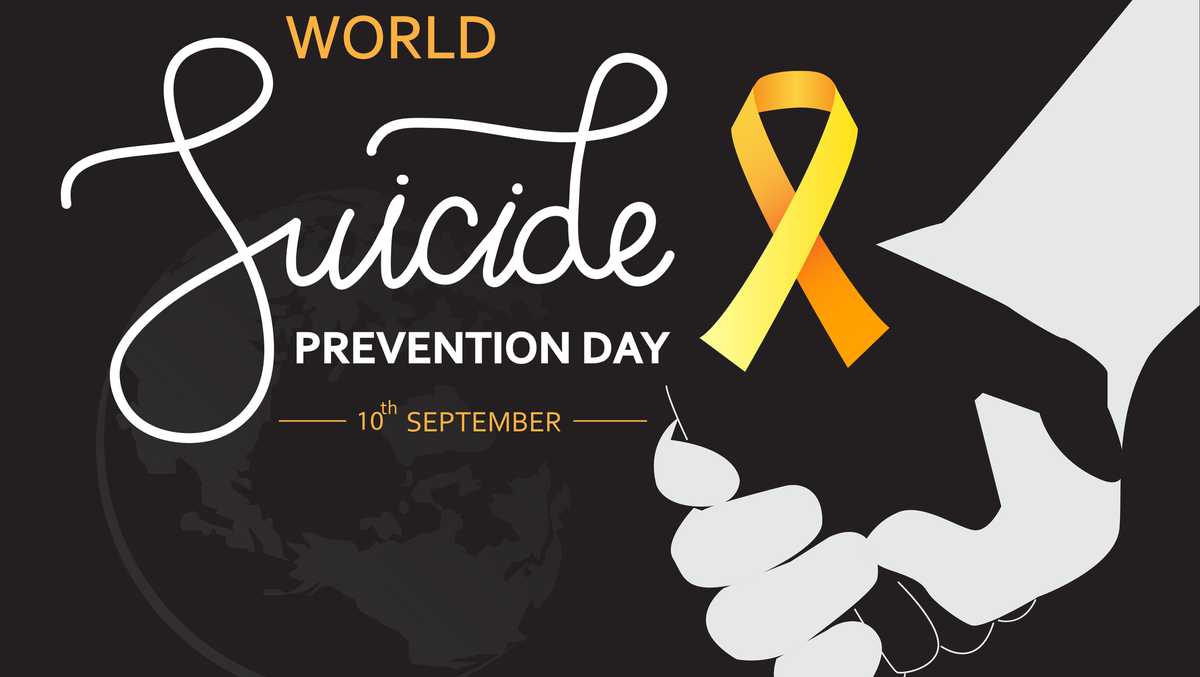
Authored by Dr. Leesa Contorino, PsyD-L, Post Doctoral Program Manager and a member of the IntraSpectrum Counseling clinical team.
On this Worldwide Suicide Prevention Day (September 10, 2021), IntraSpectrum Counseling wishes to acknowledge the additional impact that COVID-19 and recent publicized cases of police brutality & violence can have on our mental health, especially for those in the QTBIPOC community. The blog post below offers insight for those who may be struggling, and for their allies.
______________________________________________________________________________________________
Some of us might remember the disturbing headlines following the Center of Disease Control’s 2018 report regarding the 30% rise in suicide within the United States. Unfortunately, with many people out of work, isolated and struggling financially, and the ongoing pandemic, mental health concerns and substance abuse have been on the rise. For the QTBIPOC community, staying home and virtually working or attending school has meant being cut off from community, chosen families, and other affirming spaces and experiences. The heavy impact of the pandemic and increased visibility in the media of police brutality and hate crimes has severely compounded the stress for QTBIPOC communities.
While some may see our current period as starting a return to “normal,” we must remember that the old “normal” was not kind to the QTBIPOC community and took a heavy toll on our mental health. Suicidal thoughts and deaths by suicide are still very stigmatized in society, but not talking about them will not make this mental health crisis go away. In fact, the first step in addressing this crisis is to talk about it. While some may feel more comfortable to talk with a trusted family member, religious figure, mentor, or friend, as a therapist, I am an advocate for talking with a trained professional who can assist you in processing these thoughts and feelings.
For those individuals who find themselves on the other side of the conversation, we must not discredit the influence we can have by bearing witness to their story, their pain, and validating their experience. Suicidal thoughts are not something we should – or need to – experience alone. The more we can talk about these thoughts and feelings, the more we find we are not alone.
Dr. Leesa Contorino, PsyD-L
Therapist & Post-Doctoral Program Manager, IntraSpectrum Counseling
______________________________________________________________________________________________
September is National Suicide Prevention Awareness Month, a time when mental health advocates, prevention organizations, survivors, allies and community members unite to promote suicide prevention awareness. Click here for more information, resources & content on this important topic.
IntraSpectrum Counseling is Chicago’s leading psychotherapy practice dedicated to the LGBTQ+ community, and we strive to provide the highest quality mental health care for multicultural, kink, polyamorous, and intersectional issues. For anyone needing affirming and validating support in their healing, please click here or email us at help@intraspectrum-chicago.com.





 Today, July 26th, is National Disability Independence Day. This annual commemoration marks the day in 1990 when the Americans with Disabilities Act (ADA) was signed into law. The ADA enshrined several crucial civil rights protections for individuals with disabilities, but it still falls short of its intended goals after over 30 years on the books.
Today, July 26th, is National Disability Independence Day. This annual commemoration marks the day in 1990 when the Americans with Disabilities Act (ADA) was signed into law. The ADA enshrined several crucial civil rights protections for individuals with disabilities, but it still falls short of its intended goals after over 30 years on the books.